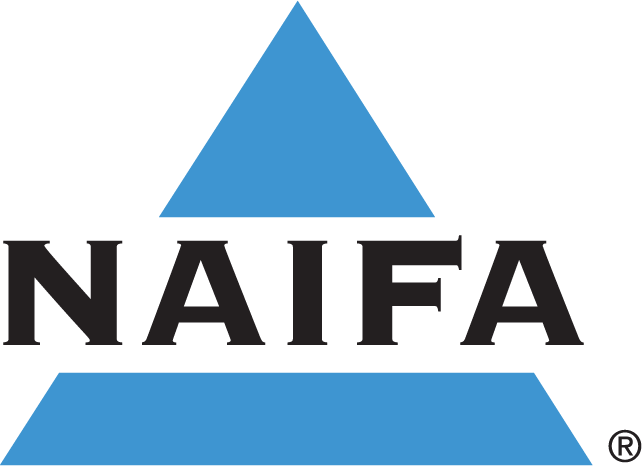Ethan Schwartz gets more wrong than right in his Bloomberg Opinion piece railing against the SECURE Act. He is up in arms because the act, which is one of the few current pieces of legislation that can claim widespread bipartisan support in Congress, would provide retirement savers with greater flexibility to include annuity products in their 401(k) plan accounts.
We get it. Schwartz doesn’t like annuities. We have great news for him: The SECURE Act will not require him, or anyone else, to buy one. We have even better news for everyone else: If you are one of many workers who would benefit from including a product providing guaranteed income for life in your retirement plan, the SECURE Act will make it easier for you to do that. The legislation would simply give Americans greater freedom to shape their 401(k) plans to fit their individual needs. It would also help workers save more for retirement and make it easier for small businesses to sponsor retirement plans for their employees.
Any NAIFA member or other good financial professional will tell you that annuities may not be the best solution for everyone. But for many retirement savers, annuities are an important part of their retirement plans. No other product provides guaranteed income for life. Multiple studies indicate that a leading fear among people preparing for retirement is that they will outlive their savings. Annuities can address this fear.
Contrary to Schwartz’s assertions, the SECURE Act does require employer retirement plan fiduciaries to consider the financial capabilities and costs of annuity products, including fees and commissions. There is no requirement that employers choose the cheapest product available, which is a good thing for employees. For annuities, as with everything else, cheapest is not always best. Different annuities have different features and benefits that can affect the price. The financial strength of the insurer can also be a consideration.
Still, the SECURE Act requires plan fiduciaries to consider cost as a relevant factor. The sale of annuities is already highly regulated, and the SECURE Act does nothing to eliminate or weaken existing regulations that protect consumers.
Finally, Schwartz’s claim that insurance agents “typically peddle the worst products” is outrageous, irresponsible, and flat-out wrong. Insurance and financial services professionals help 90 million American families attain financial security. They work with clients across the entire spectrum of incomes and asset levels to provide even those who are not wealthy with financial products, services, and guidance crucial to their financial security.
Insurance and financial services professionals work with small and medium-sized businesses to provide employee benefit packages and retirement plans that otherwise would not exist. They are decidedly Main Street, often living in the same communities with their clients and developing long-term relationships built on trust that they have earned by helping people retire comfortably, prepare for unexpected setbacks, set and meet financial goals, and achieve prosperity.
As a 21-year investment manager and financial services executive, Schwartz should know better. He doesn’t suggest an alternative for Main Street investors who desire a product that will provide them guaranteed income in retirement. It appears that he has worked mainly with large corporations and high-net-worth individuals in his career. Perhaps with his bias against annuity products, Schwartz is letting his Wall Street roots show.







